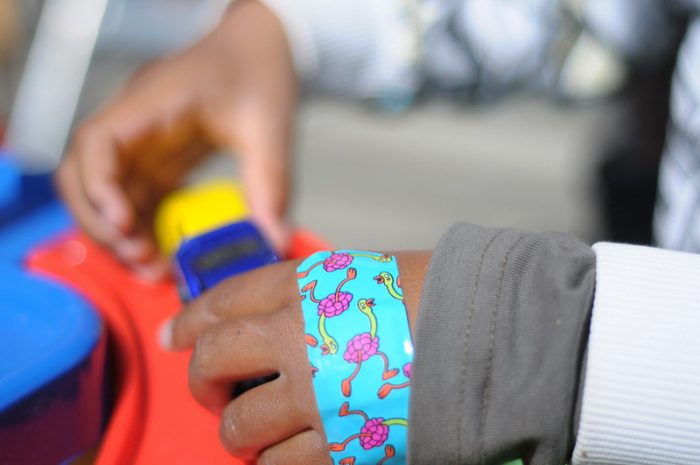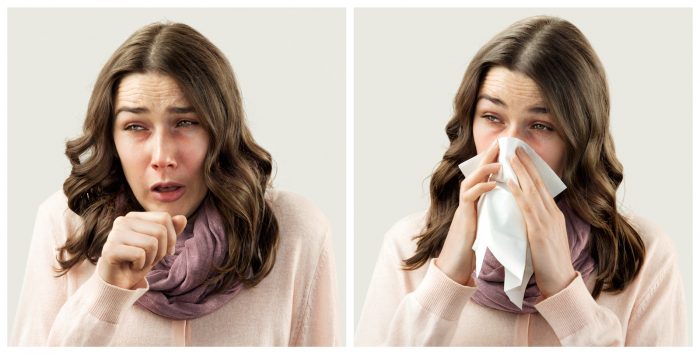Matthew Motta, Dominik Stecula, and Kathryn HaglinDecember 6, 2018
Politics isn’t the only place where countering misinformation is tricky business: “The best evidence suggests that a more effective way of dealing with misinformation is not spreading it in the first place. That means avoiding repeating various myths — even if you’re debunking them.”





